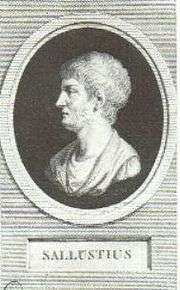|
Biografie Phaedrus Caius Iulius
Phaedrus, Gaius Julius (c.15 BC—c. AD 50), Thracian slave who came to Rome and became a freedman in the household of Augustus, the author (in Latin) of a collection of fables in five books containing some hundred stories, published probably in the thirties of the first century AD. There is also an appendix of another thirty-two fables, probably also by Phaedrus. The collection includes fables proper, a number of anecdotes (e.g. about Aesop, Socrates, and Menander), and defences of the author against detractors. The fables are based on those of Aesop and on beast-stories from other sources which had come to be attributed to Aesop. They are written in verse, in iambic senarii (see METRE, LATIN 2), and their object is two-fold, to give advice and to entertain. They are generally serious or satirical, dealing with the injustices of life and social and political evils, but occasionally they are light and amusing. In general they express patient resignation. Phaedrus observed in the prologue to the third book that the fable was invented so that a slave might say obliquely what he dared not speak openly. Their political allusions, intentional or imagined, offended Sejanus, and Phaedrus suffered some unknown punishment. Many of the stories are well known to us, having been handed down (often through the Greek collection of Babrius) through medieval times to the present day. They include ‘The Wolf and the Lamb’, ‘The Fox and the Sour Grapes’ and ‘King Log and King Watersnake’. The fables are inferior to those of the French poet La Fontaine in dramatic sense and poetry, but the style is clear and simple. Phaedrus is the source of the expression ‘adding insult to injury’, iniuriae qui addideris contumeliam (v. 3.5).
|





